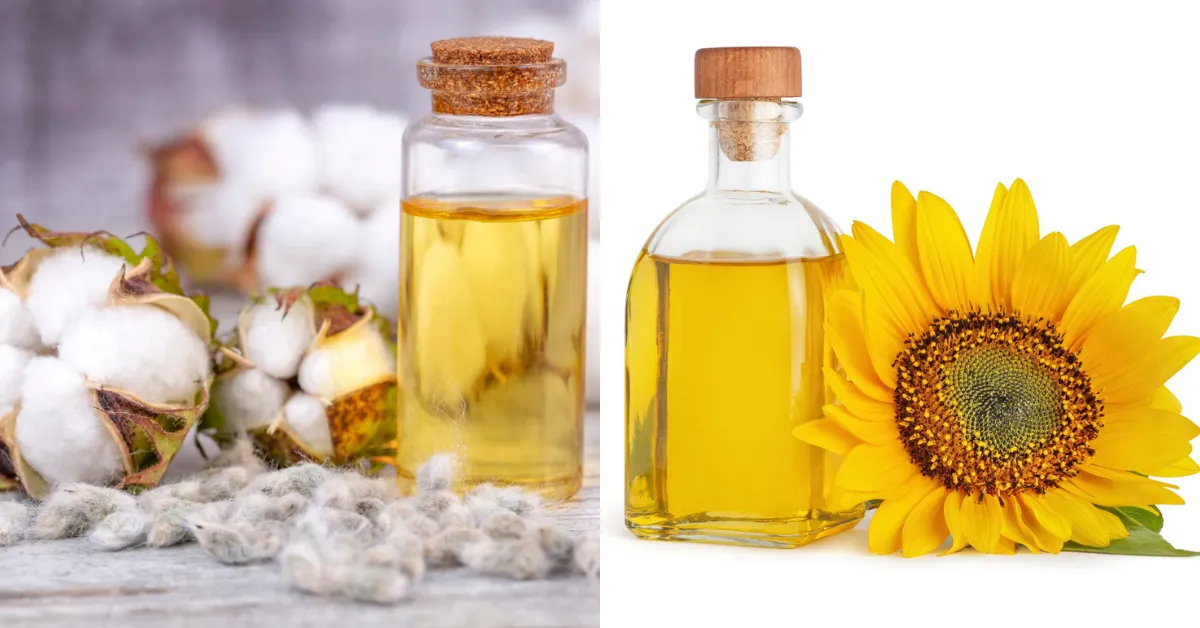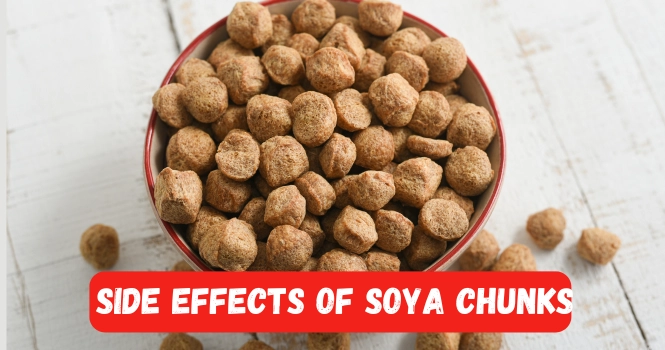Cottonseed Oil vs Sunflower Oil: A Comparative Analysis

When it comes to choosing cooking oils, the options can be overwhelming. Among the plethora of choices, cottonseed oil vs sunflower oil are two popular options.
While both oils are derived from plant seeds, their nutritional profiles, flavor, and cooking performance differ, making them suitable for various dietary needs and cooking methods.
This article aims to provide a comparison between cottonseed oil vs sunflower oil, helping you make an informed decision based on your dietary needs, cooking preferences, and health considerations.
Nutritional Profile and Health Impacts
| Aspect | Cottonseed Oil | Sunflower Oil |
| Fat Composition | High in polyunsaturated fats, with a significant amount of omega-6 fatty acids. Contains saturated fats as well. | Primarily composed of polyunsaturated and monounsaturated fats, with lower levels of saturated fats. High in vitamin E. |
| Smoke Point | Approximately 420°F (216°C), making it suitable for frying and high-heat cooking. | Ranges from 440°F (227°C) for high-oleic varieties to 225°F (107°C) for unrefined oil, affecting its suitability for different cooking methods. |
| Flavor | Mild and slightly nutty, making it versatile for various culinary applications without overpowering dishes. | Light and neutral, making it a popular choice for cooking and salad dressings due to its ability to blend well with other flavors. |
| Health Benefits | The polyunsaturated fats can be beneficial for heart health, but the high omega-6 content may contribute to inflammation if not balanced with omega-3 fatty acids. | High vitamin E content acts as an antioxidant, protecting cells from damage. Oleic acid in high-oleic sunflower oil can contribute to heart health. |
| Use in Cooking | Used in frying, baking, and processed foods. Its stability at high temperatures makes it a common choice in commercial kitchens. | Versatile, used in frying, baking, and as a dressing. High-oleic varieties are preferred for cooking due to their higher smoke point and stability. |
| Environmental Impact | Cotton farming often requires intensive pesticide use, which can be a concern for environmentally conscious consumers. | Sunflower cultivation is generally considered more environmentally friendly, with some varieties requiring fewer pesticides and being adaptable to various climates. |
Dietary Considerations
When incorporating these oils into your diet, it’s important to consider their fatty acid composition.
The American Heart Association recommends reducing the intake of saturated fats and replacing them with unsaturated fats to lower cholesterol levels and reduce the risk of heart disease.
When considering cottonseed oil vs sunflower oil, both have their advantages, but sunflower oil, especially high-oleic varieties, tends to have a more favorable fatty acid profile for heart health.
A Note on Sunflower Seeds and Digestion
While sunflower oil is generally well tolerated and rich in healthy fats, it’s worth noting that sunflower seeds—from which the oil is derived—can cause digestive issues like diarrhea in some people when consumed in excess due to their high fiber and fat content.
👉 Explore how sunflower seeds affect digestion and when they might cause diarrhea.
Cooking and Flavor
The choice between cottonseed oil vs sunflower oil can also depend on your cooking needs. If you’re looking for an oil that can withstand high temperatures without smoking or breaking down, both oils can be suitable, but the high-oleic sunflower oil would be preferable due to its higher smoke point and stability.
For salad dressings or dishes where the oil’s flavor might be more prominent, sunflower oil’s light and neutral taste might be more desirable. Cottonseed oil, with its slightly nutty flavor, can add a subtle depth to baked goods and fried dishes.
Environmental and Ethical Considerations
For environmentally conscious consumers, the choice of oil might also involve considering the ecological impact of its production.
Sunflower oil is often seen as more environmentally friendly, with certain varieties of sunflower crops being more resistant to pests and adaptable to different environments, potentially reducing the need for chemical interventions.











